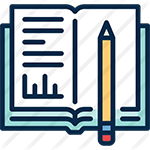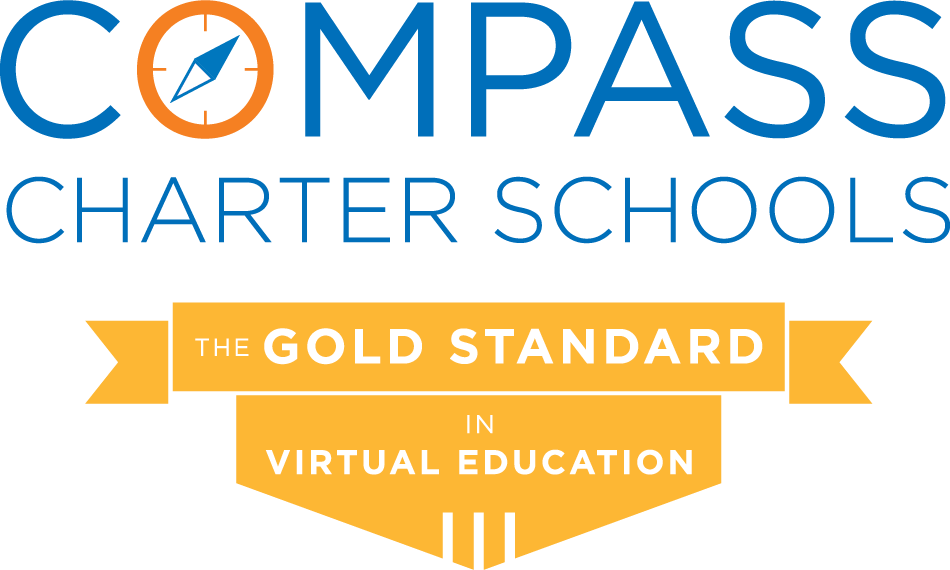- Home
- /
- Parents and Scholars
- /
- Academic Resources

Scholar Resources
PBS LearningMedia for Students is a teacher-managed environment that allows students of any age to create their own learning experiences by engaging directly with innovative, curriculum-targeted content. From project-based learning to flipped lesson plans, PBS LearningMedia for Students invites a unique opportunity for students to take control of their own learning.
K–12 Online Content Project adds PBS Video Collection
California public school students and educators now have access to over 1,200 streaming PBS videos covering topics in science, history, current events, music, and drama. The PBS Video Collection (Fourth Edition) from ProQuest, part of the Clarivate company, is the latest addition to the K–12 Online Content Project, a partnership between the California State Library and the Riverside County Office of Education for school-library content and tools. More information about the PBS Video Collection, including highlights and a full list of video titles, is available online. Contact ROusleySwank@cde.ca.gov for more information.
California public school students and educators now have access to over 1,200 streaming PBS videos covering topics in science, history, current events, music, and drama. The PBS Video Collection (Fourth Edition) from ProQuest, part of the Clarivate company, is the latest addition to the K–12 Online Content Project, a partnership between the California State Library and the Riverside County Office of Education for school-library content and tools. More information about the PBS Video Collection, including highlights and a full list of video titles, is available online. Contact ROusleySwank@cde.ca.gov for more information.
Khan Academy – A free website that offers instructional practices and tutorials that can help tackle math, science, computer programing, history, art history, economics and more.
SmartTutor Free Resources for K-5 – Free resources including Reading and Math lessons as well as educational games like “Let’s go fishing for site words”
ABCya – Free interactive online math practice for all kinds of topics, grades K-6.
LearnZillion – Has video tutorials for Math and ELA skills and concepts.
Virtual Nerd – Focuses on math subject, separated by grade level and skills.
Britannica – Explore the fact-checked online encyclopedia from Encyclopaedia Britannica with hundreds of thousands of objective articles, biographies, videos, and images.
ProQuest – ProQuest Central Student is a multidisciplinary resource that brings together many of ProQuest’s most important, complete databases in science, technology, education, social sciences, humanities, and news. This database solves the problem of preparing students for college level academics by giving them access to a variety of sources, types of content, and multiple subjects using an interface that is widely used in higher education and prep schools.

Learning Coach Resources
PBS LearningMedia is THE destination for high-quality, trusted digital content and solutions that inspire students and transform learning. Developed in partnership with the WGBH Educational Foundation and supported by public media stations nationwide, PBS LearningMedia engages educators and learners at all levels with content from America’s #1 Educational Media Brand.
Coaches Corner – These are meant to be opportunities to learn more about being an effective learning coach for your scholar. During these quick sessions, Compass teachers, counselors, and staff share short presentations meant to help inform and guide you through various topics to support learning coaches in supporting their scholars in our unique learning environment.
Teacher Tube – thousands of videos on all different topics and subject areas. Simply type in a keyword and search for videos that can help explain a difficult topic or idea.
Kidshelp – is a website that provides families with resources and strategies on topics such as parenting basics, support for siblings of scholars with special needs, homework help, and resources in Spanish. Take a look!

Common Core State Standards Resources
CCSS Resources for Learning Coaches – These resources have been compiled by the CDE for Learning Coaches interested in learning more about the Common Core State Standards (CCSS) and how to support their scholar’s attainment of these standards.
“I Can” Standards – The Common Core Standards written in laymen’s terms so that scholars (and parents) can easily understand.

Special Education Resources
The El Dorado Special Education Local Plan Area (SELPA) created a video Homework Strategies for Parents to help families ease the challenges of homework frustrations. The El Dorado SELPA also created a State Resource List for Parents, which contains links to many different types of agencies and the expertise that they provide.
Project Gutenberg offers over 56,000 free eBooks: Choose from free epub books, free kindle books, downloads or read them online. You will find the world’s great literature here, especially older works for which copyright has expired. They digitized and diligently proofread them with the help of thousands of volunteers. No fee or registration is required.
LibriVox is a website for audiobooks that are read by volunteers from all over the world. They are free for anyone to listen to on their computers, iPods, or other mobile devices, or even to burn onto a CD.
The Individuals with Disabilities Education Act (IDEA) requires that the Individualized Education Program (IEP) team begin to consider post-secondary school goals freshman year. Following are tips and strategies to keep you and your child on track:
- As early as freshman year, make sure that your child’s IEP identifies her as college-bound so that the appropriate skills and strategies can be incorporated into her high-school curriculum.
- Be vigilant about coordinating the measurable, sequential, and age-appropriate development of her transition.
- Teach your child to assess her learning needs independently and to describe and advocate for the accommodations that facilitate her learning.
- To help scholars participate in college-level learning, make sure that modifications are gradually minimized throughout high school.
- If learning strategies and skills such as time management and organization are not part of the curriculum, find external programs that can help your child develop these essential self-management tools.
- If your child decides to take the SAT or ACT, make sure that appropriate accommodations have been authorized.
- Confirm her readiness for college by ensuring that she can evaluate courses, plan long-range study time, and advocate for herself.
- Make sure that your child remains actively involved in the school selection process. Trust her instincts and impressions. Remember that she will be on her own when she starts her college career.











